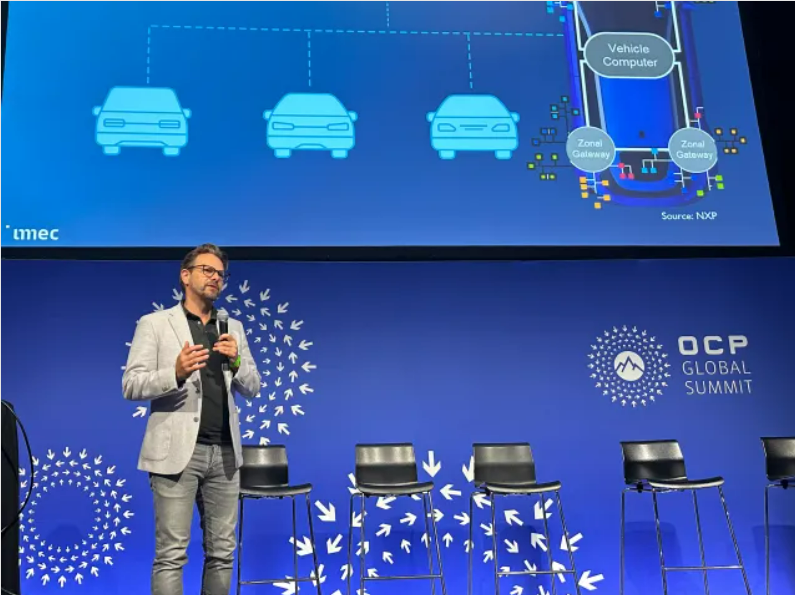In response to the growing demand for technology in the era of electric vehicles and autonomous driving, the Belgian Microelectronics Research Center (IMEC) has launched the Automotive Chiplet Program, which aims to promote the widespread application of high-performance computing and artificial intelligence (AI) in the automotive industry through the research and development of modular chip technology (Chiplet). The goal of the program is to evaluate which chiplet architectures and packaging technologies are best suited to support the specific high-performance computing and stringent security requirements of automakers.
Chiplet technology is a modular design approach that addresses the need for high-performance computing and flexibility by integrating separate chip modules with specialized functions into a single system. Compared with traditional Monolithic ICs, chiplets have the following advantages:
Customization flexibility: the ability to quickly respond to market needs and achieve system upgrades;
Reduce development costs: reduce R&D investment through standardized components;
Improve supply chain resilience: Avoid single-supplier dependencies and enable the free combination of components.
The adoption of chiplet technology will mark a disruptive shift in central vehicle computer design, with significant advantages over traditional monolithic solutions. Chiplets facilitate rapid customization and upgrades while reducing development time and costs.
Industry Collaborations & Participants
IMEC's Automotive Chiplet Program brings together industry giants, including ARM, Bosch, BMW, Synopsys, and Siemens. Together, they work on the best chiplet architectures and packaging technologies for the automotive sector in a non-competitive framework, with the goal of meeting the stringent requirements of automakers for high performance, energy efficiency, and reliability.

Figure: IMEC Drives Automotive Semiconductor Innovation (Source: IMEC)
The core of these studies includes:
technologies that support advanced driver assistance systems (ADAS) and in-vehicle infotainment (IVI);
Ensure that chiplets are cost-effective and energy-efficient while meeting the need for long life and security.
Regional development and talent training
In order to expand its influence, IMEC established the "Mstar" branch in Michigan, USA. Together with partners such as KLA, the University of Michigan, and General Motors (GM), the division not only focuses on advanced semiconductor research, but also collaborates with educational institutions to develop professionals in the field of automotive semiconductors to enhance regional economic resilience and support the global automotive chip ecosystem.
Significance and prospects
The Automotive Chiplet Program demonstrates the enormous potential of modular technology in the automotive industry. By increasing system flexibility, accelerating technology iterations, and reducing development costs, this technology is expected to become a key enabler of smart vehicles in the next decade. IMEC's efforts not only drive industry collaboration on a global scale, but also take an important step towards standardizing automotive semiconductor technology.
The promotion of chiplet technology will bring electric and autonomous vehicles into our lives faster, helping the automotive industry to transform from "hardware-driven" to "software-defined".






